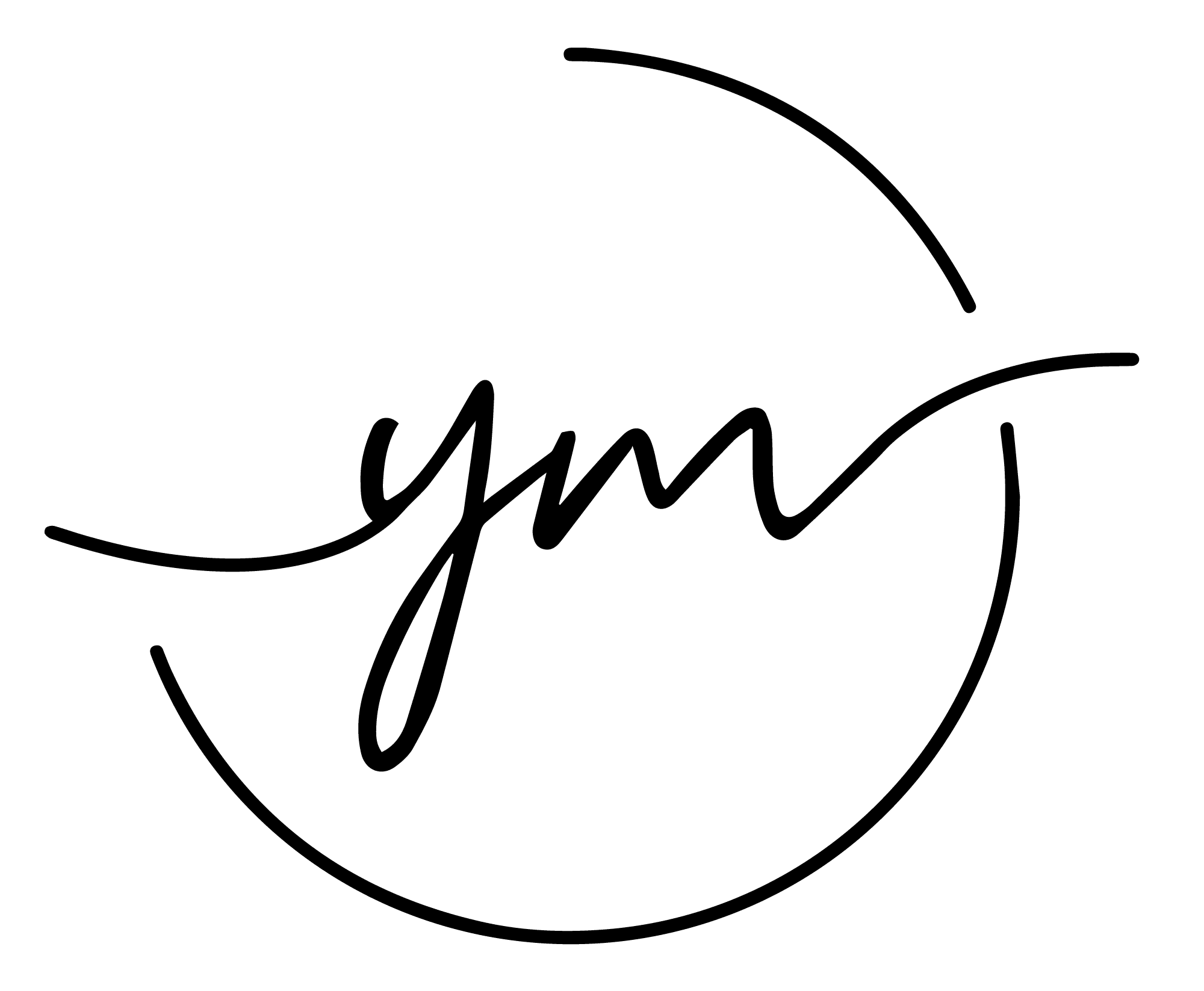Mediation is no longer a FANCY name for dispute resolution. It is now embodied in our legal system.
Rule 41A of the Uniform Rules of Court requires litigants to mediate before they approach a court.
Mediation is generally defined as the process by which someone tries to end a disagreement by helping the two sides to talk about and agree on a solution. The acceptable third party has no authoritative decision-making power but rather assists the involved parties to voluntarily reach a mutually acceptable settlement of the issues in dispute.
We believe in fostering good relationships with all parties. All mediations are treated with the necessary confidentiality.
What are the advantages of mediation?
- Confidential nature of the procedure.
- Costs saving.
- Procedural flexibility (choice of mediator, time, and place of the procedure).
- Reducing emotional stress through voluntary process.
What type of matters can be mediated, apart from all matters?
- Commercial disputes (contract disputes, shareholder disputes, service provided disputes, contractor disputes and more).
- Property disputes (sale and lease agreement disputes, pre-and post-sale disputes).
- Family matters (Divorces, Children’s Rights, Contact, Maintenance.
- Estate mediations (disputes regarding inheritance, redistributions, and implementation of WILLS.
- Labour mediations (contract disputes, employer-employee disputes).
- Workplace mediations between employees and associated workplace disputes.
- Elderly disputes and community disputes.
- Medical negligence.

